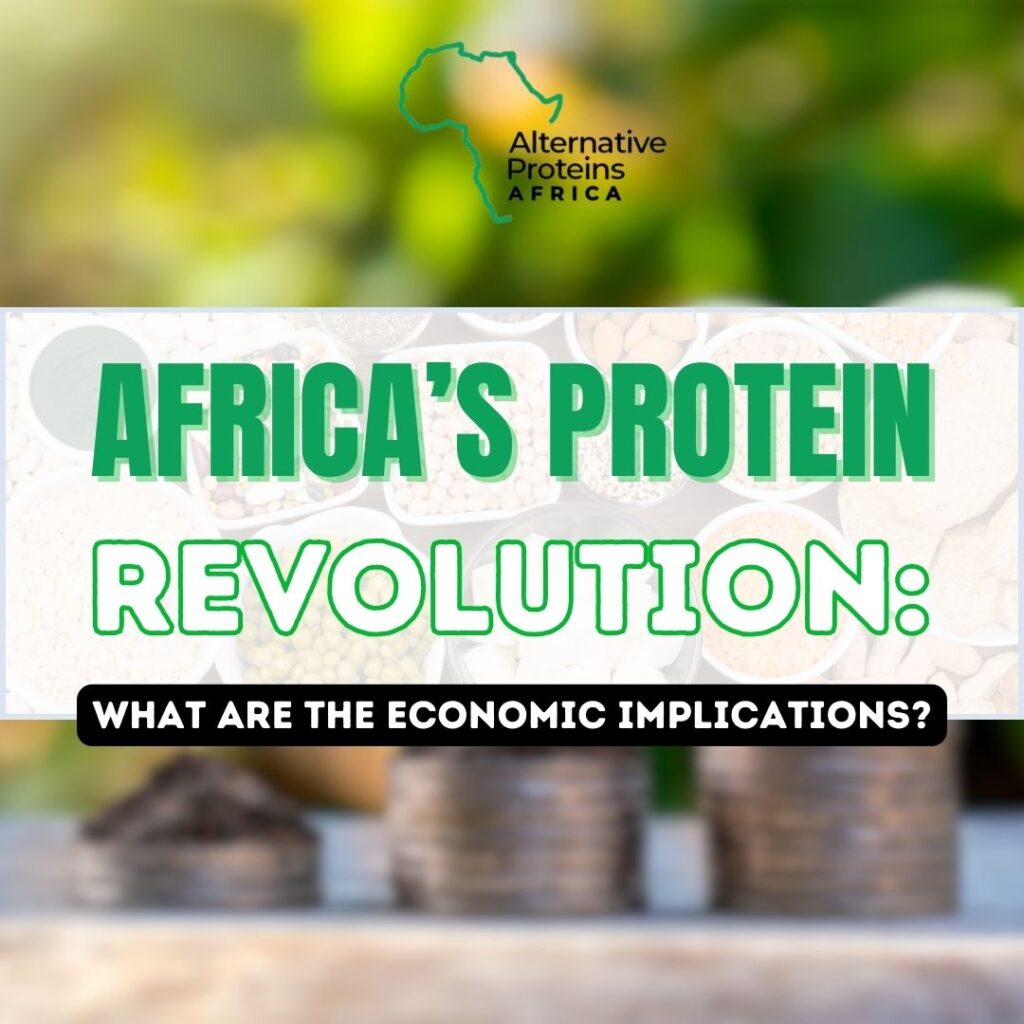
As we shift toward alternatives to animal-source proteins due to health, sustainability, and ethical concerns, there are some vital questions we must answer. One such question is understanding the economic relevance of these alternative proteins in Africa. And yes, this is a crucial conversation that we must have. Given the continued rise in the population of unemployed young individuals and the continent’s unique economic environment, conversations around economic growth require careful consideration. We must, therefore, examine the impacts of the alternative protein industry (an industry set to transform our food system) on Africa’s economy.
How are we faring in our protein consumption?
Without any doubt, protein is an essential part of a healthy diet important to drive bodily functions such as building and repairing muscles and bones, repairing and making new cells, and serving as an energy source. Sadly, protein distribution within Africa is uneven, and this imbalance contributes significantly to food insecurity, with several not consuming the required amount of protein. The protein consumption patterns within the continent are affected by factors like dietary preference, cultural traditions, and economic strength.
Over time, the continent has derived protein from traditional sources, such as livestock, fish, and legumes. However, the numerous concerns of land degradation and climate change, among others, posed by animal agriculture have called for more sustainable alternatives. In addition, the need for alternative protein sources is evidenced by Africa’s increasing population rate. It has been estimated that by 2050, one in four people on earth will be African.
What are the potential benefits of alternative proteins for economic growth?
Despite not gaining enough traction yet, alternative proteins have emerged as a major solution to Africa’s protein needs. They also provide sustainable substitutes to animal-source proteins while also offering great and far-reaching economic benefits. Historically, a flourishing agricultural sector has always been a precursor for economic growth and transformation. The Food and Agricultural Organization records that agriculture contributes more than 25% of GDP in some developing countries. Leveraging this trend and investing in the production of alternative protein products will offer tremendous economic prosperity for the continent.
One key benefit of the alternative protein industry, in terms of economic development, is job creation. Truly, an increase in the demand for alternative proteins will lead to a corresponding rise in the need for skilled workers in the various stages of the value chain, from research and development to product distribution. This development will, in turn, encourage more investment and innovation within the industry, thus contributing to economic growth. Creating more jobs will reduce unemployment rates.
Furthermore, the production of alternative proteins is resource-efficient, requiring fewer resources, like land and water, when compared to animal agriculture. This event will free up these valuable and limited resources for other agricultural or economic purposes.
Also, the alternative protein industry introduces a much-needed economic diversification in protein production. We will be able to meet the demand for affordable protein-rich food and reduce malnutrition by diversifying protein sources. Likewise, with the availability of a broader range of protein options, producers can reach more market segments, thereby increasing sales and driving economic growth.
Additionally, as we discussed in an earlier article, adopting alternative proteins and cutting on meat consumption offer health benefits such as reduced risk of chronic diseases. The reduction in disease burden consequently helps us save healthcare costs in the long run. These saved financial resources can now be invested in other aspects of the economy.
Looking to the future
The future ahead is promising for the alternative protein industry in Africa. With increased awareness about the health, environmental, and economic benefits of alternative proteins, demand for them will increase. However, to tap from the economic benefits of these alternatives to animal-source proteins, we must embrace collaborative efforts. These efforts are crucial in identifying more cost-effective methods of production.
Moreover, to have an inclusive industry that maximizes its economic potential, state and non-state actors must empower and support smallholder farmers, who are a significant stakeholder in the agricultural sector on the continent. They will produce quality protein-rich crops when provided with the necessary resources. Doing this will allow us to improve income and boost local food production and security.
Conclusively, the alternative protein industry presents major economic benefits for Africa. Its potential to create more jobs, promote economic diversification, reduce healthcare costs, and provide more resource-efficient ways of producing protein is undeniable. The continent and its decision-makers must create an enabling environment that fosters growth within the industry. Similarly, by embracing collaborative efforts, we can provide home-based solutions to the various challenges that might be facing the industry, thereby driving economic growth and development.

